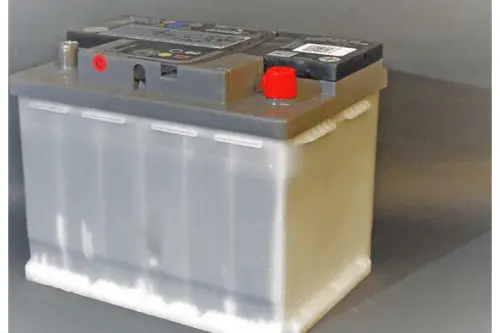Contents
Introduction
Solar battery in recent years, solar energy has emerged as a sustainable and cost-effective solution for homeowners seeking to reduce their carbon footprint and energy bills. Solar panels have become a common sight on rooftops across Australia, harnessing the abundant sunshine to generate clean electricity. However, to truly maximize the benefits of solar power, homeowners are increasingly turning to solar batteries for efficient energy storage. This article explores the world of solar batteries, their prices, and the growing trend of home battery storage in Australia.
Solar Battery Basics
Solar batteries, also known as solar energy storage systems or home battery storage, are devices designed to store excess electricity generated by solar panels during sunny days. This stored energy can be used later when the sun isn’t shining, such as during the night or on cloudy days. These batteries are a vital component of a grid-independent solar system, providing homeowners with a reliable source of clean energy around the clock.
Solar Battery Price
The cost of solar batteries has significantly decreased in recent years, making them more accessible to homeowners. Several factors influence the price of solar batteries, including capacity (measured in kilowatt-hours or kWh), brand, and features. In Australia, the price range for residential solar batteries typically falls between $3,000 and $10,000 per kWh of capacity.

One of the most popular solar battery brands in Australia is Tesla’s Powerwall. As of my knowledge cutoff date is September 2021, the Powerwall 2, with a capacity of 13.5 kWh, had a retail price of around $11,000. However, it’s important to note that prices may have changed since then, and other brands and models are also available in the market, each with its own set of features and price points.
Home Battery Storage Trends in Australia
Australia’s abundant sunlight and the increasing cost of grid electricity have driven a surge in the adoption of home battery storage systems. These systems offer several benefits to homeowners:
- Energy Independence: Solar battery systems allow homeowners to reduce their reliance on the grid, providing a sense of energy security during power outages or grid failures.
- Cost Savings: By storing excess solar energy for later use, homeowners can reduce their dependence on grid electricity, resulting in lower energy bills.
- Environmental Impact: Solar batteries enable homeowners to further reduce their carbon footprint by maximizing the use of clean, renewable energy.
- Grid Support: In some regions, homeowners with solar battery systems can participate in grid support programs, earning incentives for contributing excess energy to the grid during peak demand periods.
- Increased Home Value: Homes equipped with solar panels and energy storage systems are often more attractive to buyers and can command higher resale values.
Government Incentives
In a concerted effort to foster the widespread adoption of solar batteries and promote the utilization of renewable energy sources, the Australian government has instituted a range of incentives and rebate programs. These initiatives are thoughtfully designed to alleviate the initial financial burden associated with procuring and installing a solar battery system. Among these programs, the Small-scale Renewable Energy Scheme (SRES) takes center stage as a nationwide scheme, offering substantial support to homeowners inclined towards investing in eco-friendly energy solutions.
Additionally, individual states within Australia have also introduced their specific incentives, further bolstering financial aid to residents keen on embracing clean energy technologies. These collective efforts epitomize the government’s commitment to accelerating the transition to renewable energy and underscore the potential for a more sustainable and cost-effective energy landscape for Australian homeowners.
Conclusion
Solar batteries are transforming the way Australians harness and utilize solar energy. With decreasing prices and numerous benefits, including cost savings and energy independence, solar batteries are becoming an integral part of residential solar systems. As technology continues to advance and government incentives remain in place, the adoption of solar batteries in Australia is expected to grow, further contributing to the nation’s transition to sustainable and clean energy sources. If you’re considering a solar battery for your home, it’s essential to research different brands, models, and government incentives to find the best solution for your needs and budget.
